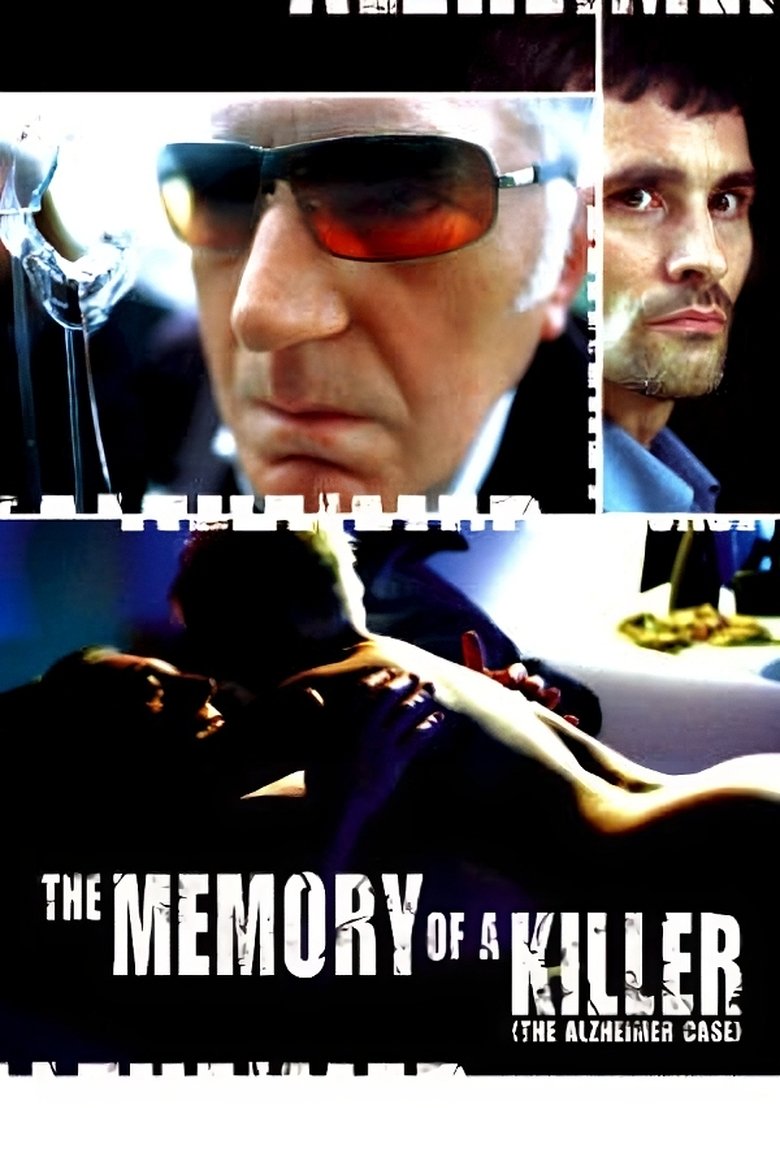
The Memory of a Killer
Vincke and Verstuyft are one of the best detective teams of the Antwerp police force. When they are confronted with the disappearance of a top official and the murder of two prostitutes, the trail leads to the almost retired assassin Angelo Ledda. Since Ledda starts showing symptoms of Alzheimer's, it's getting more and more difficult to complete his contracts. When he has to murder a 12-year old call-girl, he refuses and becomes a target himself. While Vincke and Verstuyft are chasing him and counting the corpses, Ledda is taking care of his employers.
tmdb28039023@tmdb28039023
One could say, and would more often than not be proven right, that European films boast a maturity and sophistication sorely lacking in Hollywood movies. However, now and then Old Continent filmmakers can’t help but succumb to the vices of their American counterparts, and the outcome is something along the lines of this movie – which not only features an appearance by the dreaded Red Digital Readout, but also revolves around a Hitman with a Selective Conscience (who additionally happens to be physically old and mentally infirm, none of which prevents him from being always One Step Ahead).
The killer’s name is Angelo, and as the AllMovie overview correctly points out, “it goes against Angelo's principles to kill a child.” I’m pretty sure the word “principles” is used in that sentence for lack of a better term, because as far as tenets go, Angelo’s are seriously warped. From a strictly moral standpoint, there is absolutely no difference between murdering an adult and murdering a child, but somehow we are supposed to be able to tell a ‘good’ assassin from a ‘bad’ one based on whether or not they are willing to make age distinctions.
What doesn’t occur to Angelo and his ilk is that children grow up to become adults, so that in a few years it will magically no longer be against his principles to kill the very same person whose life he is currently so hell-bent on preserving (and who’s to say what the cutoff age is anyway? What if I remain a child at heart?). By the same token, we are all somebody’s children – even God’s children if you want to get theological about it –, aren’t we? So technically we should all be off limits. But who knows? Maybe this double standard is a sign of the character’s cognitive decay, in which case director Erik Van Looy is a whole lot more clever than I’m giving him credit for (I sincerely doubt it, though).
